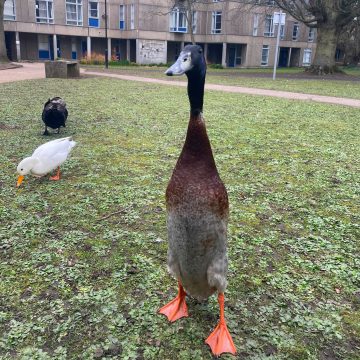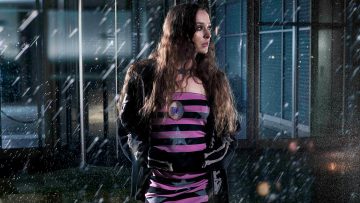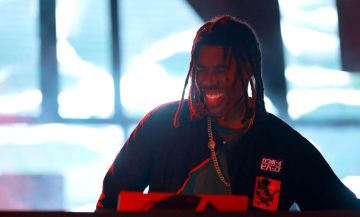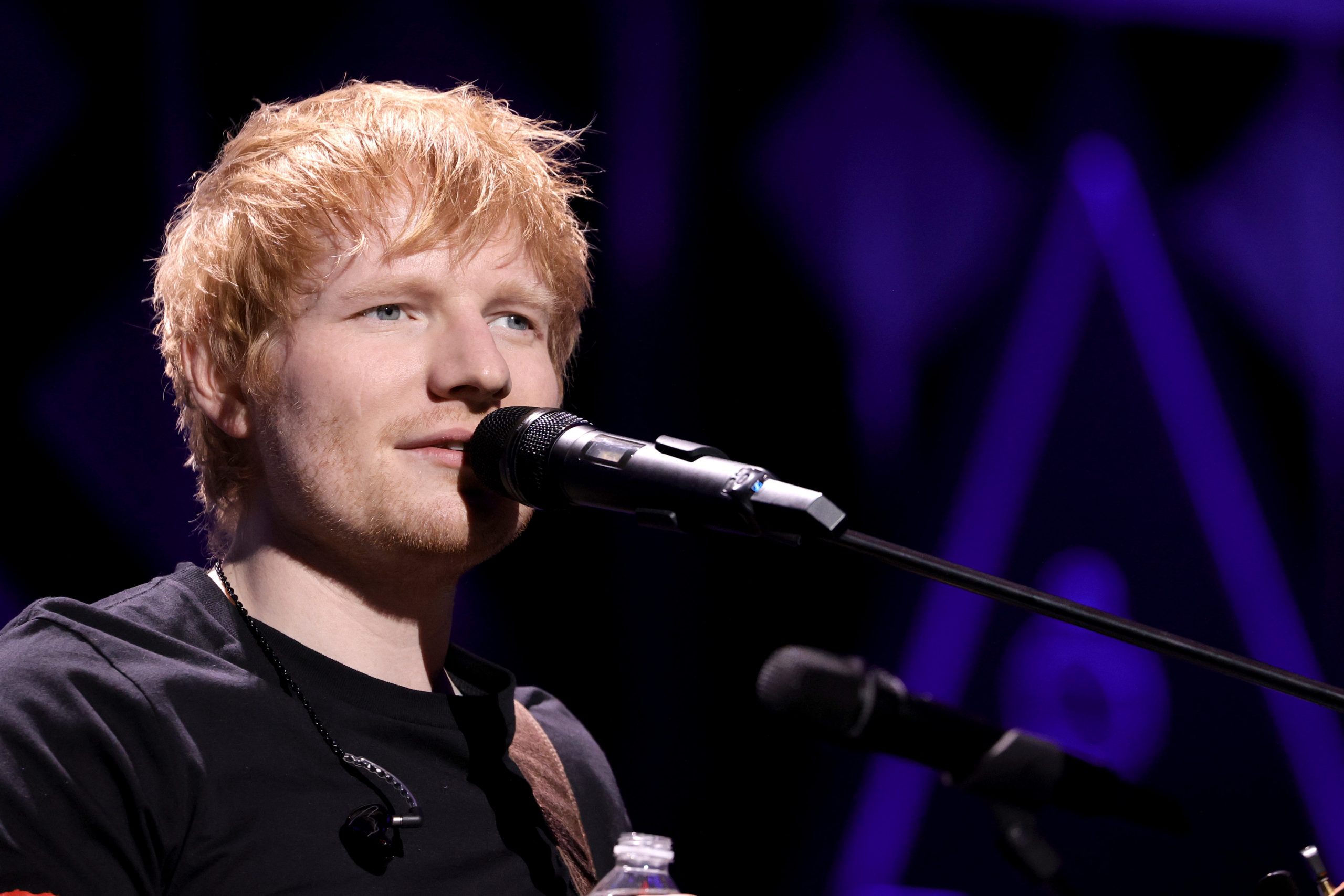
The ruling announced this morning by Mr Justice Zacaroli is one that sets a precedent for the rest of the music industry – and will make smaller artists think twice before suing such stars of Ed Sheeran’s calibre.
Following the decision that Sheeran “neither deliberately nor subconsciously” copied a phrase from Sami Chokri’s ‘Oh Why’ when writing ‘Shape of You’, the megastar was quick to share a video to Instagram message: I’m a human being and not the corporate entity that many are so quick to scorn.
It was an evidently pointed statement, after a case that had seen him accused of being a “magpie” who “habitually copies” from others. The charge from Sami Chokri, who goes by the stage name Sami Switch, was aimed at framing Sheeran as an inverted Robin Hood from the music world; someone who steals from the poor to give to himself and his merry band of wealthier collaborators.
This defence of the little guy – in many ways the zeitgeist of our time – ultimately failed. Chokri needed to prove that Sheeran had heard his track. That would have been the basis of proving infringement. Yet like a struggling musician unable to flog his mixtapes outside a venue, Chokri was unsuccessful in his attempt.
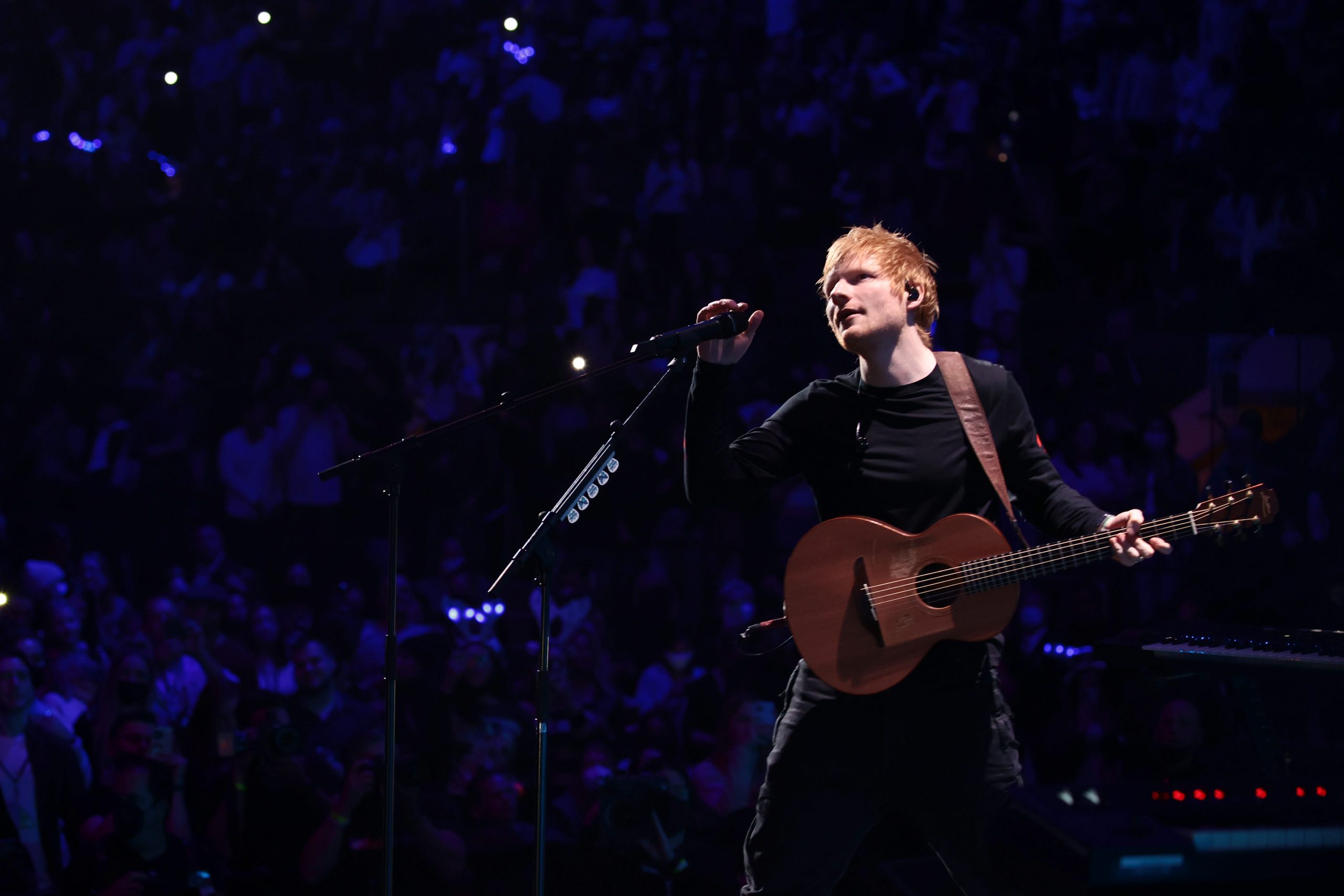
That said, it was a tricky balancing act for Sheeran and his lawyers to navigate. They had to show that Sheeran was not the big, bad, corporate thief he was being portrayed as, but at the same time was large enough to never have heard of Chokri’s ‘Oh Why’.
Sheeran’s act of singing Nina Simone’s ‘Feeling Good’ and Blackstreet’s massive hit ‘No Diggity’ served him well, showing how he too was subject to the same kind of musical limitations as anyone else.
The ultimate playing field – and one that Sheeran also emphasised in his public address – is the mathematical likelihood of two songs sounding similar. “There’s only so many notes and very few chords used in pop music. Coincidence is bound to happen if 60,000 songs are being released every day on Spotify. That’s 22 million songs a year and there are only 12 notes that are available.”
Mr. Sheeran also expressed concern for “a culture where a claim is made with the idea that a settlement will be cheaper than taking it to court – even when there’s no base for the claim.” His ‘Shape of You’ after all is the most-played Spotify song of all time with over 3 billion streams on the platform.
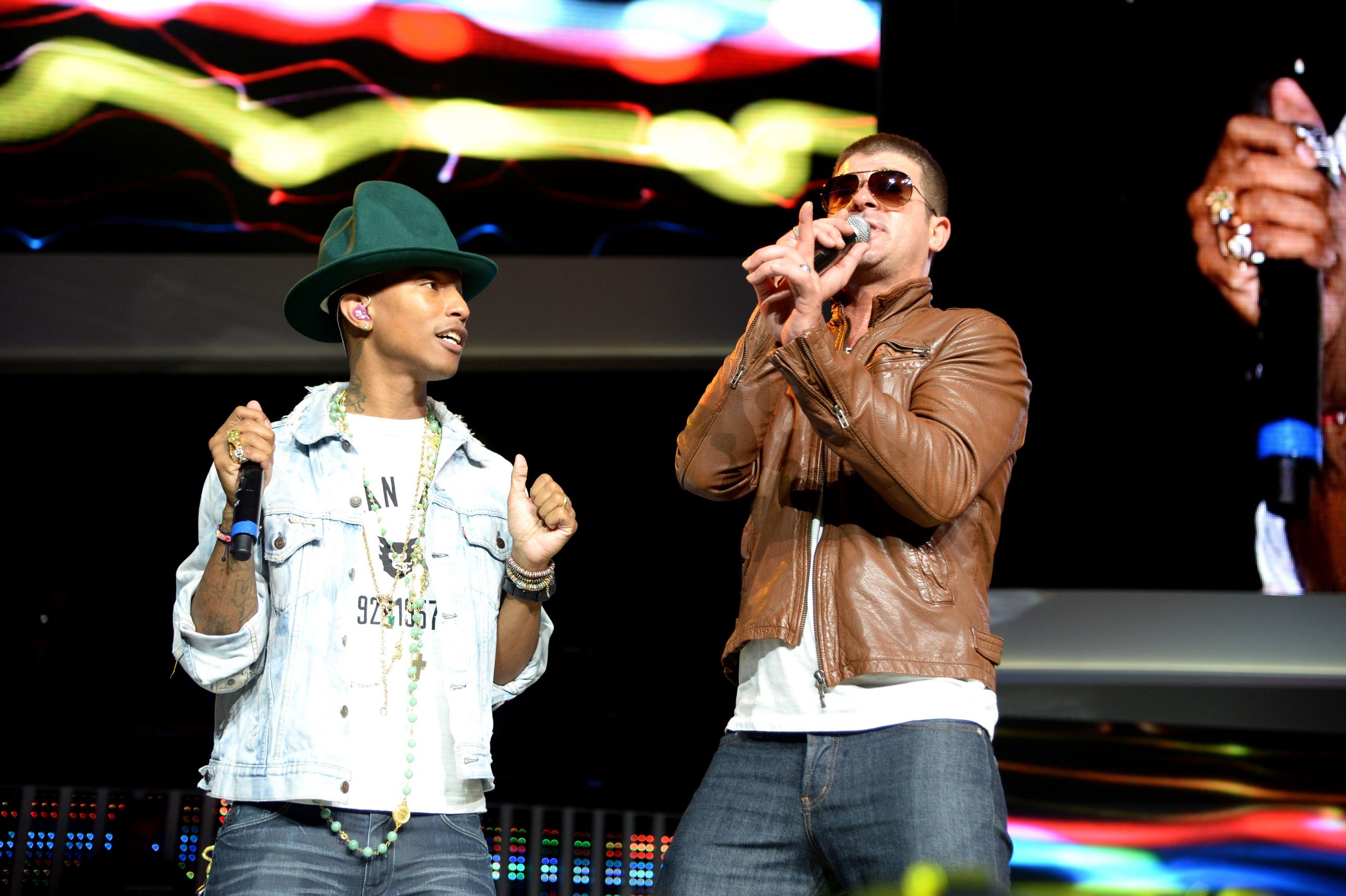
Robin Thicke and Pharrell Williams were ordered to pay £5.6 million ($7.4 million) to Marvin Gaye’s family in 2015 after being found guilty of copying the “feel” of Gaye’s ‘Got To Give It Up’ for their track ‘Blurred Lines’.
Moves such as Chokri’s, therefore, could arguably be deemed as worth attempting, with their being a big pot of money from which a pay-out is possible. Given the pittance given for streaming royalties, artists at the lower end of the pecking order may deem even an out-of-court settlement as a means to overturn the system.
Previous rulings might have encouraged this further. There’s been an upward in such infringement cases since Robin Thicke and Pharrell Williams were found guilty of copying the “feel” of Marvin Gaye’s ‘Got To Give It Up’ for their huge (and lyrically scrutinised) track ‘Blurred Lines’. They pair were ordered to pay £5.6 million ($7.4 million) to Gaye’s family in 2015 – a decision that was upheld in 2018.
Whilst that case may have been a clash of the titans, the simple verdict that a song from a big artist could be described as copying another would have shown that such a verdict is possible.
Yet such is the arc of history – including in the legal world, which is very much based on precedent and previous rulings – that there’s often a continuous back-and-forth; a sentiment movement that breaks with the status quo, followed by a backlash against that very same divergence.
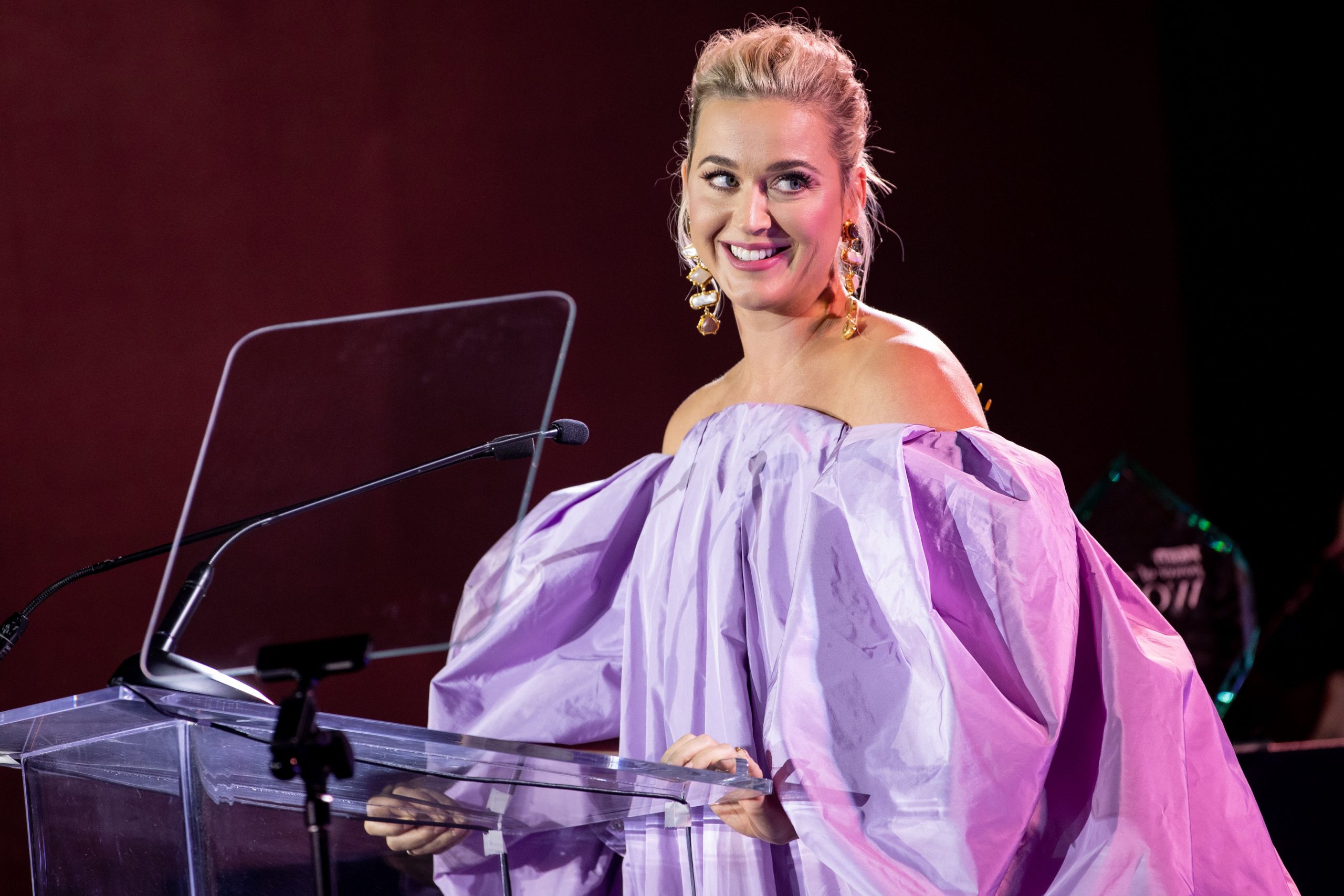
Katy Perry was ordered to pay Marcus Grey some £2.1 million ($2.8 million) in 2014 – a decision that was overturned last month.
Take the dispute involving Katy Perry, who was ordered to pay little-known Marcus Grey some £2.1 million ($2.8 million) in 2014 after she was accused of plagiarising an eight-note riff from his track ‘Joyful Noise’. Just last month that decision was overturned on appeal. That eight-year time difference may represent the swing back toward preserving the rights of the larger artist.
The lawyers for Dua Lipa might have looked on today’s announcement with quiet optimism. The singer is currently facing two lawsuits over her song ‘Levitating’; one from reggae band Artikal Sound System (for their track ‘Live Your Life’) and another from songwriters L. Russell Brown and Sandy Linzer, who say the track is a copy of their 1979 song ‘Wiggle and Giggle All Night’ and the 1980 song ‘Don Diablo’.
Today’s decision shows that rulings may now be in favour of the more established acts – and may make the little guy think twice about suing.


